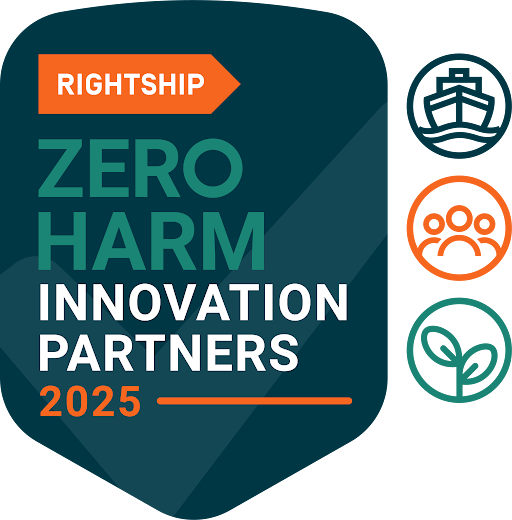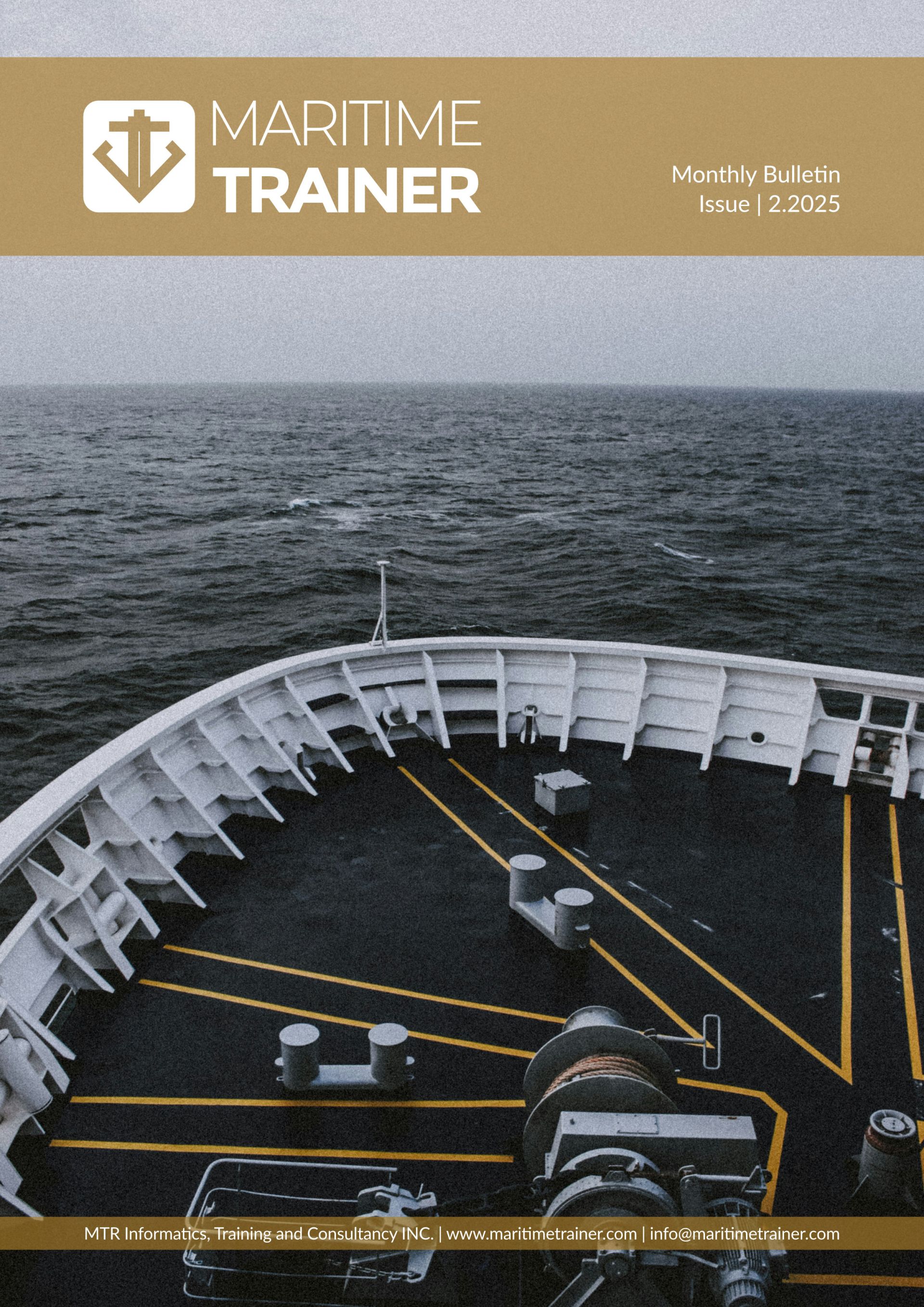February 2025 Maritime Insights: Security, Sustainability & Crew Welfare
As we move into the second month of 2025, the maritime industry faces evolving challenges and opportunities. This month’s Maritime Trainer Bulletin highlights critical developments in marine security, sustainability, crew welfare, and regulatory updates. From seafarer abandonment reaching an all-time high to significant 2025 regulatory changes, here’s what you need to know.
Strengthening Maritime Security: Comoros Takes Action
Maritime security remains a top priority for global shipping, and Comoros is taking significant steps to enhance its protective measures. With IMO support, key government agencies—including the Ministry of Transport, Port Authority, Maritime Authority, Coast Guard, Customs, and Intelligence Service—participated in a national security training program.
This initiative focused on multi-agency collaboration, ensuring that different authorities work together to tackle security threats such as ship hijackings, drug smuggling, and stowaways. A National Maritime Security Committee (NMSC) is also being developed to coordinate risk assessments and create a long-term security strategy. These steps align with the EU-funded Port Security Project, reinforcing global efforts to safeguard port operations and maritime trade routes.
Battling Plastic Pollution: New Waste Management Plans in Brazil & Jamaica
Ports play a crucial role in protecting the marine environment, and new efforts in Brazil and Jamaica are setting a strong example. The Port of Maceió (Brazil) and Kingston Wharves Port (Jamaica) have introduced new port waste management plans to combat plastic litter and ensure compliance with MARPOL Annex V regulations.
Developed in collaboration with IMO experts, these plans outline best practices for handling ship waste in an environmentally friendly manner. As part of the GloLitter Partnerships Project, these countries are sharing their expertise with other global ports, helping to create a standardized approach to reducing marine litter from shipping operations.
Seafarer Abandonment Crisis: Record-Breaking 310 Cases in 2024
The welfare of seafarers continues to be a pressing concern, with abandonment cases surging to 310 in 2024—a 118% increase compared to 2023. The IMO and International Labour Organization (ILO) have called this rise “alarming,” emphasizing the need for stricter enforcement measures to protect seafarers from exploitative shipowners.
Seafarer abandonment occurs when shipowners fail to provide wages, repatriation, food, or medical care, stranding crew members. The growth of shadow fleets and ships operating under "fake flags" has exacerbated the issue, making stronger legal frameworks and accountability measures essential. Maritime organizations are now urging industry-wide action to hold negligent shipowners accountable and ensure better protections for seafarers.
Safety at Sea: Addressing Heat Stroke and Tripping Hazards
Ensuring safety on board remains a top priority, with recent incidents highlighting the risks of heat stroke and hidden tripping hazards.
- Heat Stroke Risk: A recent case involved multiple crew members collapsing due to extreme temperatures and high humidity while handling mooring operations. The lack of immediate medical assistance led to fatal consequences, reinforcing the importance of proper hydration, shade, and emergency response protocols in high-temperature environments.
- Hidden Tripping Hazards: A ship engineer recently suffered severe injuries after tripping over a loose pipe hidden behind a welding curtain. This incident underlines the need for improved housekeeping practices and clear hazard identification measures to prevent workplace accidents.
Both cases are urgent reminders of the need for strong safety protocols, proper crew training, and proactive hazard prevention to maintain a secure working environment at sea.
Ensuring Ship Equipment Reliability: Rudder Angle System Failures
Ship navigation relies heavily on rudder angle indicators, but a recent case in Libya revealed that rudder angle system failures can compromise maneuverability and increase accident risks.
After a significant system failure on a Liberian-registered vessel, maritime authorities recommended that crew members be trained to determine rudder angles in emergencies manually. Additionally, ships entering narrow channels or high-risk areas are now advised to have a qualified officer stationed in the steering gear room to monitor and respond effectively to rudder failures.
2025 Regulatory Updates: Major Changes for the Maritime Industry
Staying compliant with new regulations is critical, and several key amendments are coming into effect in 2025:
Conclusion: The Path Forward in 2025
The February 2025 Maritime Trainer Bulletin highlights the dynamic shifts in the industry—ranging from security measures and environmental initiatives to seafarer rights and safety improvements. With new regulatory changes, safety concerns, and sustainability goals shaping the future, staying informed and prepared has never been more critical.
At Maritime Trainer, we continue to support maritime professionals with expert-led training programs designed to enhance safety, compliance, and operational efficiency.
Stay informed, stay ahead. Let’s continue to build a sustainable, safe, and innovative maritime future together.
Share This Bulletin Now!

Approved & Certified by Bureau Veritas

We are proud to be member of



